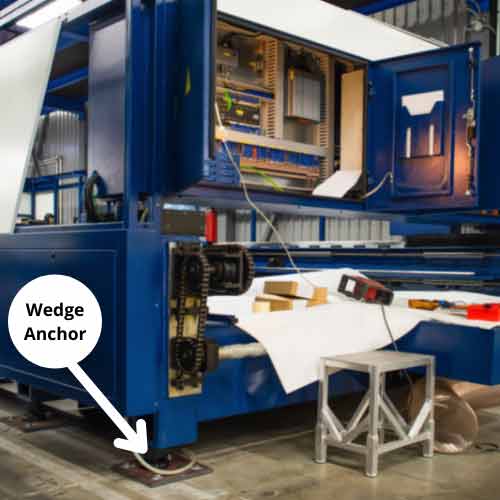transmission bellhousing bolts manufacturers
តុលា . 16, 2024 23:36 Back to list
transmission bellhousing bolts manufacturers
The Role of Transmission Bellhousing Bolt Manufacturers in the Automotive Industry
In the complex world of automotive engineering, every component plays a crucial role in ensuring the smooth operation of vehicles. Among these essential parts are the transmission bellhousing bolts, which serve as a critical link between the engine and the transmission. These bolts hold the bellhousing in place, providing structural integrity and stability for the vehicle's powertrain. As such, the manufacturers of transmission bellhousing bolts are key players in the automotive supply chain, contributing to the overall reliability and performance of vehicles.
Transmission bellhousing bolts are designed to withstand immense forces and vibrations that occur during operation. They are typically made from high-strength materials such as steel or alloy, which are treated to resist corrosion and wear. Manufacturers must adhere to strict specifications and industry standards, ensuring that these bolts can perform under varying conditions and extreme environments. This necessitates a high level of precision engineering and quality control throughout the manufacturing process.
The market for transmission bellhousing bolts is diverse, with manufacturers catering to different sectors of the automotive industry. Some focus on original equipment manufacturer (OEM) parts, supplying major car manufacturers with bolts that meet their exact specifications. Others specialize in aftermarket products, providing replacement bolts for older vehicles or performance parts for aftermarket upgrades. This dual approach allows manufacturers to serve a broad customer base, from large automotive assemblers to individual car enthusiasts.
transmission bellhousing bolts manufacturers

In recent years, the demand for high-quality transmission bellhousing bolts has increased, driven by trends in the automotive industry such as enhanced vehicle performance, fuel efficiency, and sustainability. As vehicles become more advanced and complex, the need for robust and reliable fastening solutions is more critical than ever. Manufacturers are responding to this challenge by innovating new designs and materials, improving the performance and lifespan of their products while also focusing on environmentally friendly practices.
Moreover, technological advancements have also impacted the manufacturing process for transmission bellhousing bolts. The integration of computer-aided design (CAD) and computer numerical control (CNC) machining has allowed manufacturers to achieve greater precision and efficiency. These technologies enable the production of complex geometries and ensure tighter tolerances, resulting in higher-quality products that meet the rigorous demands of modern vehicles.
In conclusion, transmission bellhousing bolt manufacturers play a vital role in the automotive industry by providing essential components that ensure the reliability and performance of vehicles. As the industry continues to evolve, these manufacturers will need to adapt and innovate, leveraging advancements in materials and technology to meet the changing demands of consumers and manufacturers alike. Their ongoing commitment to quality and performance will be essential in driving the automotive industry forward as it navigates challenges and embraces new opportunities in the years ahead.
Latest news
-
Durable Bolts for Lawn Mower Handle - Top Supplier & Manufacturer
NewsAug.22,2025
-
High-Quality Bolts for Lawn Mower Handle Supplier & Manufacturer
NewsAug.21,2025
-
Reliable Axle Nuts Supplier | High-Quality Automotive Parts
NewsAug.19,2025
-
Premium Wire Bolts Suppliers | Durable & Reliable Fasteners
NewsAug.18,2025
-
Leading Metric Wood Screw Companies & Manufacturers
NewsAug.17,2025
-
Top Wire Bolts Suppliers - Quality & Durable Fasteners
NewsAug.15,2025
